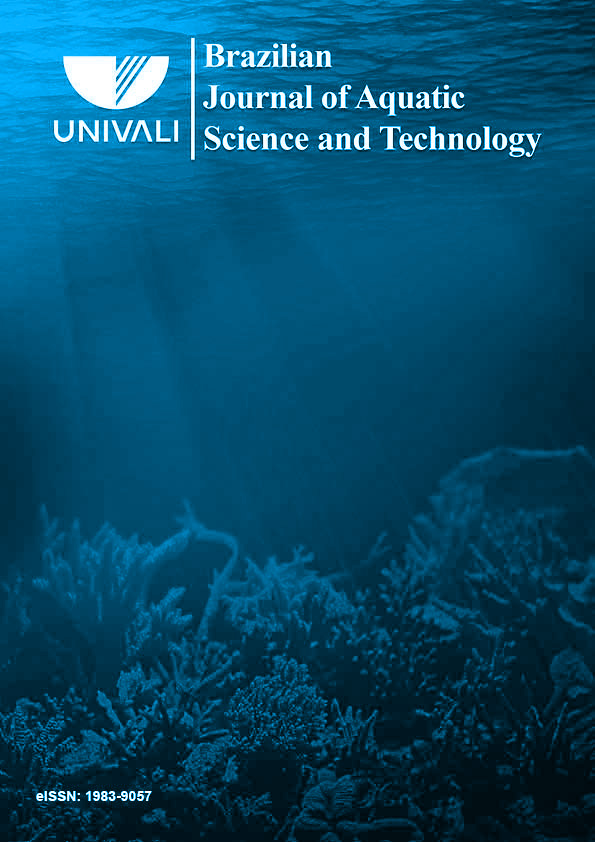

The shrimp farming has undergone a great expansion in recent years, in which the State of Bahia has been playing an important role in the national context. This expansion has generated many benefits but also major concerns about its increasing environmental impacts. Considering the potential of the Environmental Licensing (EL) to induce necessary measures to achieve the sustainability requirements, this research was developed with the objective of analyzing the execution of the EL of shrimp farming in the State of Bahia and its contributions to the sustainable development. In this purpose, 15 EL's processes required in the State of Bahia were analyzed, aiming to evaluate the practices of assessment of the competent agencies and their contributions to the insertion of the objectives of sustainability in the EL of the activity. Because the available processes referred to regularization licenses, the analysis of the preventive character of the EL was impaired. The results suggest that the Technical Opinions emphasize the aspects related to the effects of the activity on the environment, which demonstrates an analysis behavior of the environmental agency based on corrective actions. The social aspects were, in general, the most neglected, in the Technical Opinions analyzed. The analysis of the required conditions in the issued also suggests a significant deficiency, reinforcing the need for important information and conditions to be required before the release of the licenses to ensure compliance. While recent legal regulations about the EL of the sector have brought some breakthroughs in addressing sustainability, their implications have not yet been sufficient to reverse the current scenario.






Environmental Sciences, Aquatic and Coastal Environments.
BJAST adopts the policy of continuous publication of articles. Therefore, whenever a manuscript is approved for publication, it will be immediately available for reading.

